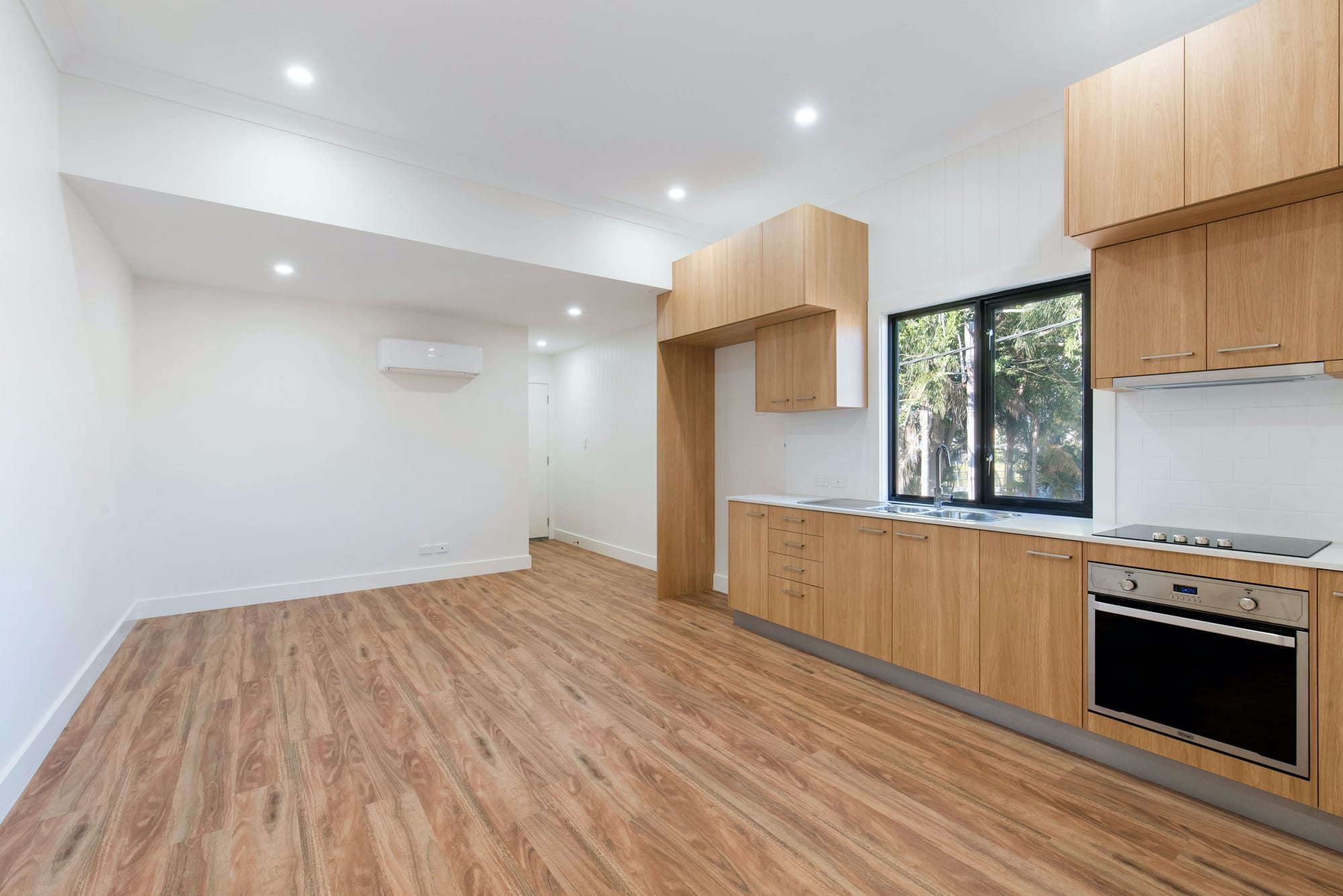Singapore Deposit Dilemma: What Tenants and Landlords Need to Know About Full Deposits and Deductions
From Lease to Leaving: The Essential Checklist to Maximize Your Deposit Return in Singapore

Imagine the scene: Moving day in Singapore, boxes stacked high, excitement tinged with a whisper of anxiety. You hand over the hefty deposit, knowing it's your financial anchor in this new rental voyage. But the undercurrent of worry remains – will you see that hard-earned money again in its entirety? The "Singapore Deposit Dilemma" is a reality for many tenants, a dance between the hope of a full return and the fear of unexplained deductions. This guide sheds light on the complexities of Singapore's deposit system, empowering you with knowledge and actionable strategies to maximize your chances of sailing home with your deposit intact.
Beyond the Lease: Unwritten Rules & Hidden Clauses:
The legalese in your lease agreement might seem like an impenetrable jungle, but fear not. Understanding the legal framework for deposit deductions is the first step in navigating the terrain. Remember, deductions are allowed for unpaid rent, utilities, repairs beyond normal wear and tear, and excessive cleaning costs. However, beware the "hidden clauses" – some landlords might try to slip in sneaky terms like unreasonably high cleaning standards or questionable definitions of "damage." Always ask questions, clarify doubts, and don't hesitate to negotiate clauses you find unfair.
Normal Wear and Tear vs. Intentional Damage: The Delicate Dance:
Picture this: a nail hole from hanging a picture frame. Is that a deduction-worthy offense? Not necessarily. Normal wear and tear, the natural aging of a property due to everyday use, cannot be held against you. But gouges in the wall or broken appliances are a different story. The key lies in distinguishing between the two. Document pre-existing damages with photos and videos before moving in, and be mindful of responsible usage throughout your tenancy.
Restoring Your Deposit: What Goes Back in Your Pocket:
While you're responsible for maintaining the property, landlords can't hold you hostage for routine cleaning or minor defects. Remember, pre-approved paint changes or aesthetic modifications you undertook with permission are yours to keep, not deductions in disguise. Documentation is your shield – meticulously record any repairs you make and keep receipts for cleaning services – building a paper trail of responsible tenancy.
Negotiating for Your Full Deposit: The Art of the Deal:
The deposit battle isn't just won at the end, it's strategized from the very beginning. Before signing the lease, open communication is your ally. Talk openly about deposit terms, clarify clauses, and don't be afraid to negotiate reasonable amendments. During your tenancy, proactive communication with your landlord about any maintenance concerns is crucial. Document interactions, maintain a paper trail of timely rent payments, and be a model tenant – evidence speaks volumes.
Leaving the Lease: Crossing the Finish Line with Your Deposit Intact:
The final hurdle! Schedule a joint inspection with your landlord before handing over the keys. Point out any pre-existing damages you documented on arrival, and address any potential deductions calmly and with evidence in hand. Remember, seeking help is okay. If you encounter unfair deductions or disputes, utilize resources like the Singapore Tenants' Union or the Small Claims Court.
Beyond the Money: Building Trust, Not Walls:
Deposits, while financial safeguards, should ultimately foster trust and collaboration between tenants and landlords. Both parties have a responsibility to maintain the property and communicate openly. Understanding the deposit system's purpose goes beyond maximizing your return – it's about fostering a respectful relationship with your landlord and ensuring a smooth rental experience for all.
Conclusion:
The "Singapore Deposit Dilemma" doesn't have to be a source of anxiety. Armed with knowledge, proactive strategies, and a dash of negotiation finesse, you can navigate the intricacies of the system and maximize your chances of a full deposit return. Remember, being an informed tenant, a responsible occupant, and a clear communicator are your most potent weapons. So, step into your Singapore rental journey with confidence, knowing you have the tools to conquer the deposit dilemma and secure your financial peace of mind.
Note: This article is for informational purposes only and should not be considered legal or financial advice. Landlords and tenants should consult with professionals before making any decisions regarding rental properties.

